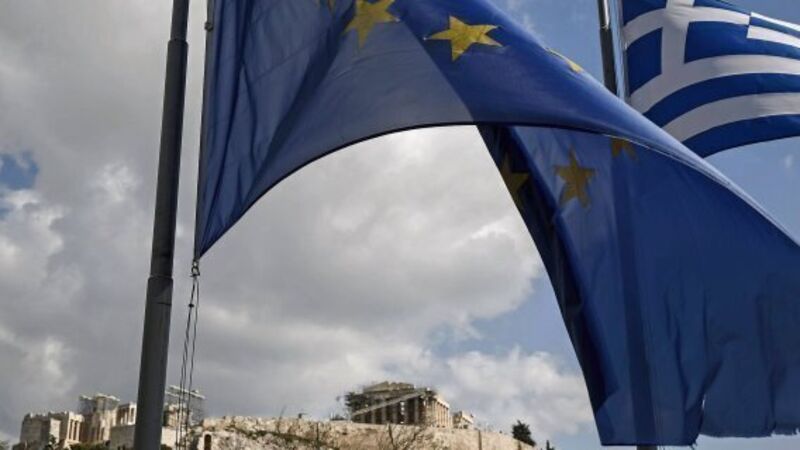Let’s start our rollback from the eurozone

It’s time to think the previously unthinkable and consider how to unscramble the eggs. It’s time to think about how to back out from the euro.
No one country can easily do this. The provisions don’t even allow for it to happen.
















